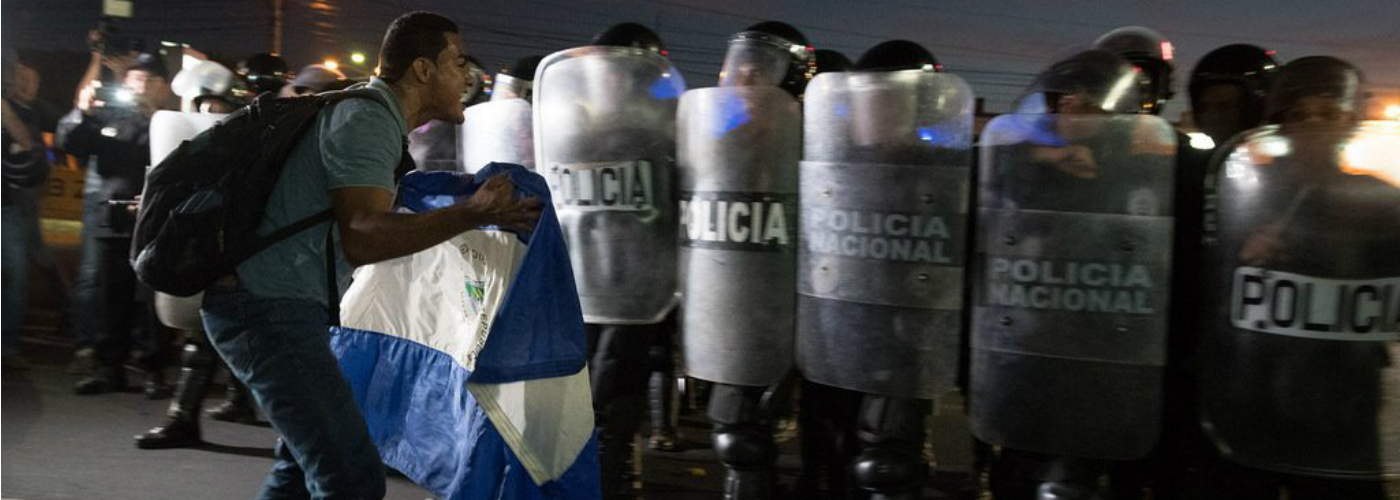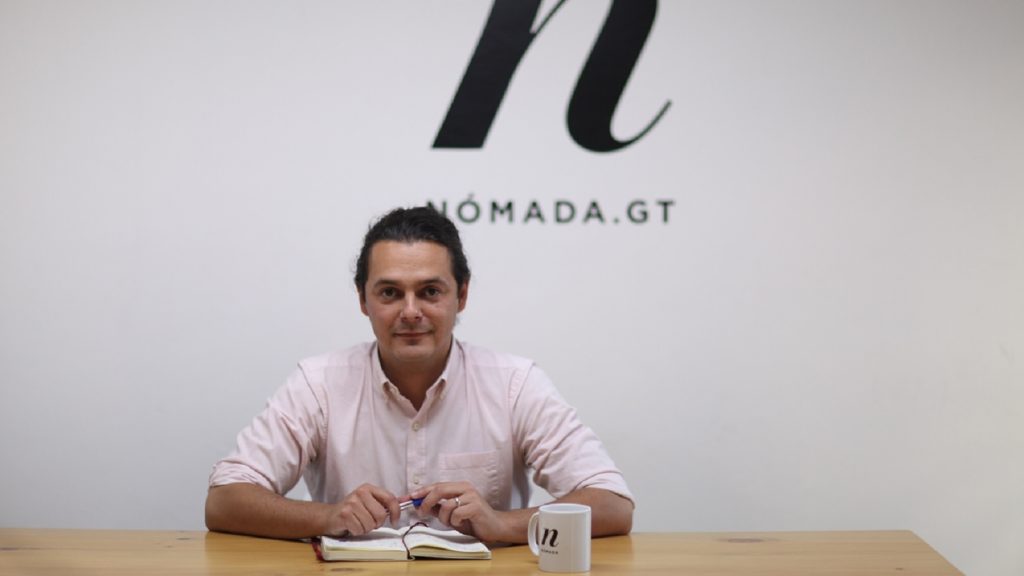Opinion by Myrtille Danse, director of Hivos Latin America
Amongst this week’s pictures of the migrant caravan entering Mexico, we saw a young man carrying a baby while crossing the Suchiate River, a natural border between Guatemala and Mexico. This image of a future life being carried across a strong current trying to stop its progress is more than a metaphor for what has been happening in Central America over the past months.
Recent trends clearly show we are being threatened by the ascendance of fundamentalism to power, closing civic spaces, and the criminalization, persecution and assassination of human rights and environmental defenders. The rights of women, indigenous communities and human rights defenders in particular are in danger. In several countries, the rule of law has become a thing of the past, and the future doesn’t look much better.
The most unequal region in the world
Inequality in Latin America is not only visible, it’s palpable; you can almost breathe it. And Central America is a prime example of this most unequal region in the world. People in Guatemala, Nicaragua, El Salvador and Honduras fight for their basic rights against governments that are increasingly dictatorial. Even Costa Rica is trying to ward off xenophobic and fundamentalist currents within its congress and its political future.
Hivos has been working for four decades in this region guided by solutions born in the hearts and minds of frontrunners. This is why we co-organized a Great Central American Debate in the Netherlands on November 1, led by experts from both continents. We asked them to answer this question: How can we work together to halt the crisis afflicting Central America?
Six measures we can take:
1. Protect those who protect us: We urgently need to re-evaluate protection and security mechanisms for human rights defenders in the region. Because current mechanisms are neither respected nor implemented by governments.
2. Connect the right people: We have to create joint strategies amongst human rights defender organizations and alternative media, much in the way Hivos Latin America has done with over 40 partner organizations through our Nexos program.
3. Act on and accelerate processes: International cooperation organizations must increase their capacity to respond to our humanitarian crisis. We are dealing with governments that violate all the laws they have signed within international UN agreements.
4. Educate others and ourselves: Fundamentalist religious trends and popular figures acting on and expressing anti-human rights sentiments have ascended to power in countries like Brazil and the US. This is in part thanks to ignorance and misinformation. To create a counterbalance, we must educate citizens in data verification, freedom, civic spaces and democracy. Human rights’ best ally is education.
5. Put people first: No matter where we live or what language we speak, inequality, poverty and humanitarian crises should be subjects close to our hearts. Let’s put people first, let’s condemn human rights violations, let’s stand up and take action. The Central American crisis is a symptom of the larger humanitarian crisis we are facing.
6. Change the narrative: We need to analyze how we address the subject and if possible, change our narrative. This could open doors for dialogue with people who think differently. We could understand each other better and win allies towards the defense of human rights.
There is no magic formula
There is no magic formula for solving the migration crisis in Central America. But a coalition of the willing and people with humanist beliefs could pull the region out of its quagmire. Human rights organizations, alternative media and social movements are already giving their all, even risking their lives, to ensure a future for the region. Now it’s everyone else’s turn.
What are you doing to stop the Central American crisis?


